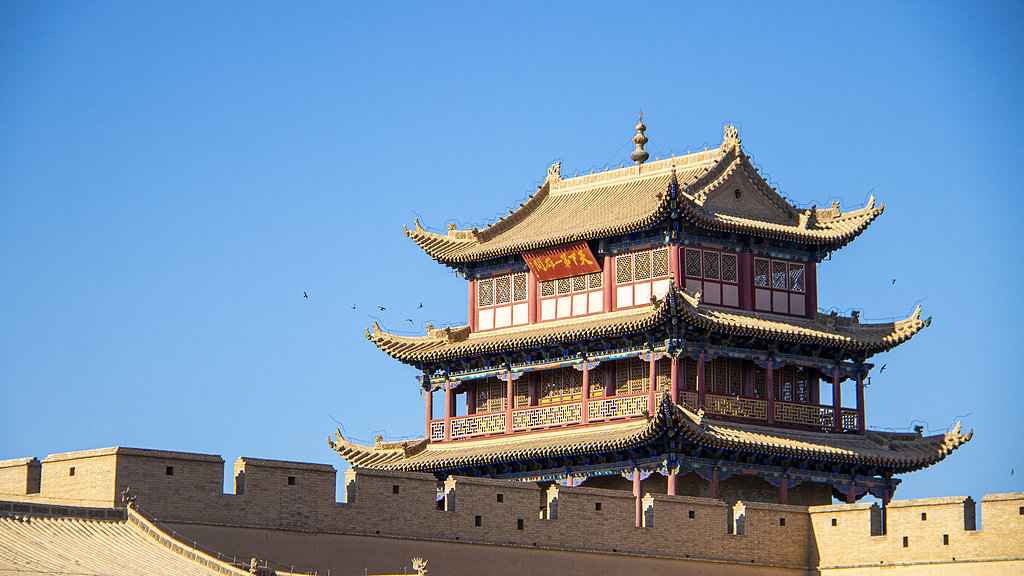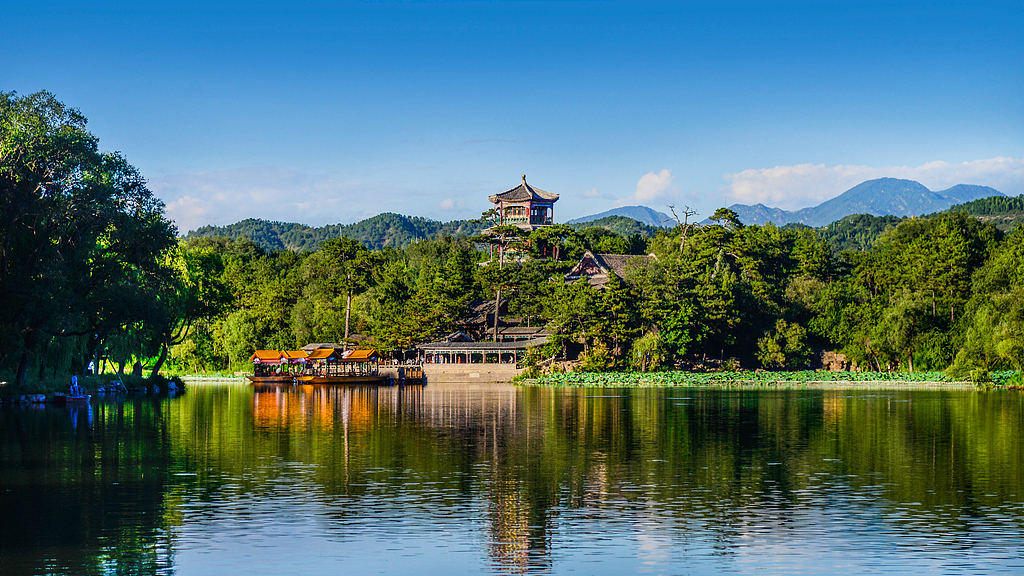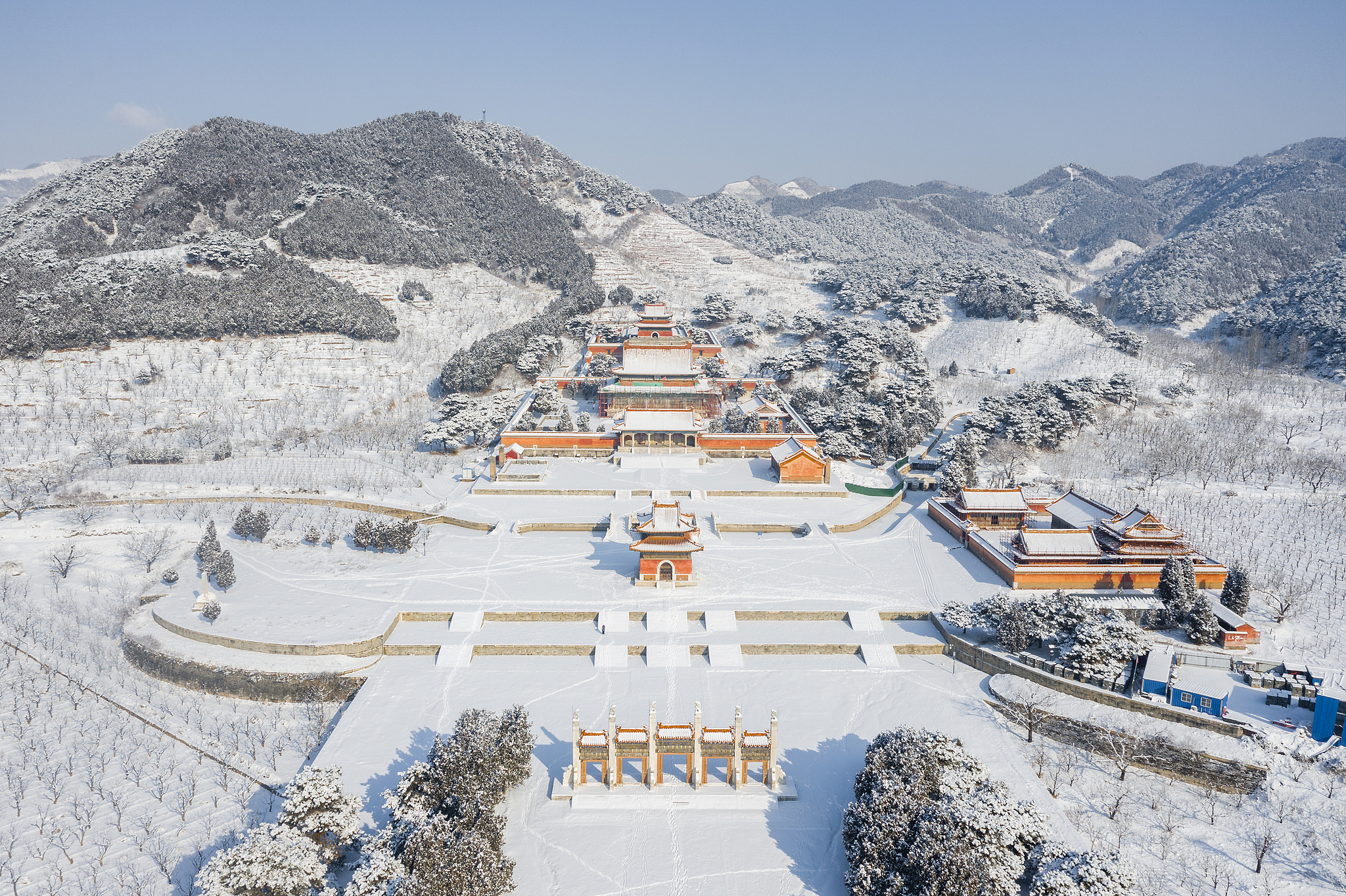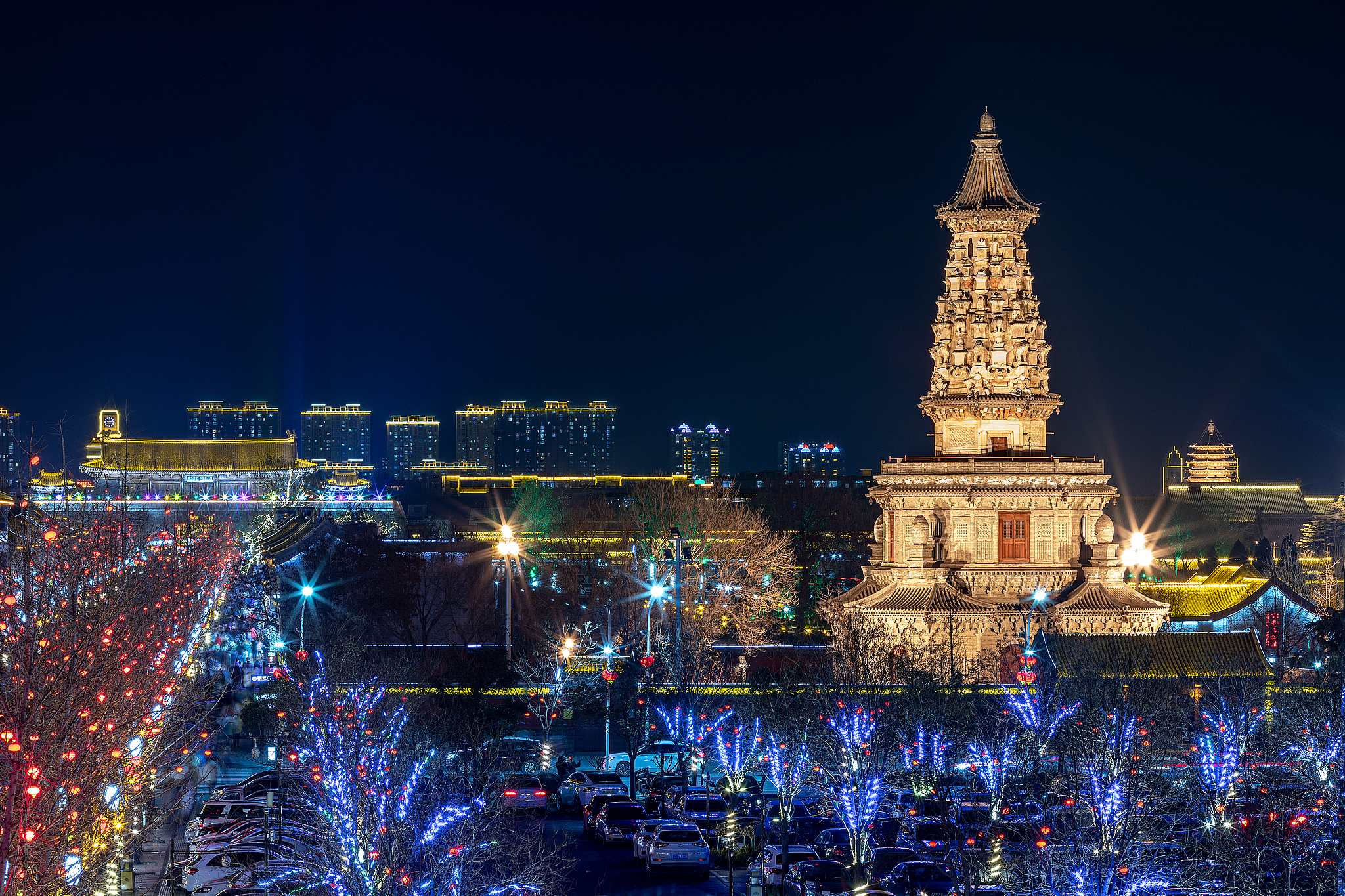Discover Hebei: A journey from Shanghai to China's hidden historical gem
Under China's 240-hour visa-free transit policy, international travelers can uncover the treasures of Hebei province — a land where imperial grandeur, rugged natural beauty, and ancient traditions converge. From Shanghai, embark on a 7-10 day adventure through millennia-old temples, Great Wall wonders, and culinary delights that tell stories of dynasties past.

From Shanghai to Hebei: Seamless Travel Routes
By Air
The fastest way to get to Hebei is to fly directly from Shanghai to Shijiazhuang, which takes 2-2.5 hours. Airlines like China Eastern and Spring Airlines operate daily flights. Upon arrival, use Shijiazhuang's metro (Line 1/3) or taxis for easy access to downtown.
By High-Speed Rail
For a scenic overland journey, take the high-speed train from Shanghai to Shijiazhuang (4.5–5.5 hours) or Qinhuangdao (6 hours). The route runs through Anhui's river valleys and North China's vast plains. Opt for standard seats or upgrade to business class for added comfort.
Hebei's Cultural & Natural Wonders
Imperial Legacies
Chengde Mountain Resort: A UNESCO World Heritage Site, this Qing Dynasty (1644-1911) summer palace blends Han, Tibetan, and Mongolian architectural styles. Wander through its vast gardens, modeled after Jiangnan landscapes, and attend Manchu archery demonstrations.

Eastern Qing Tombs: Walk among the mausoleums of emperors and empresses, where dragon-carved marble bridges and sacred pathways embody the perfect harmony of feng shui, the ancient study of geomantic Chinese omens.

Great Wall Adventures
Shanhaiguan Pass: Known as the "First Pass under Heaven", Shanhaiguan Pass is the eastern terminal of the Great Wall and where the Great Wall meets the Bohai Sea.

Jinshanling Great Wall: Hike Ming Dynasty (1368-1644) watchtowers, their crumbling stones echoing with tales of Mongol invasions.

Natural Escapes
Bashang Grassland: Ride Mongolian horses across flower-strewn plateaus and stay in yurts under star-filled skies.

Baiyangdian Lake: Glide through reed marshes by wooden sampan, while sampling lotus root dishes from floating villages.

Cultural Gems
Zhaozhou Bridge (Anji Bridge): Marvel at the world's oldest open-spandrel stone bridge, an engineering marvel that has inspired poets for centuries.

Zhengding Ancient City: Explore Tang Dynasty (618-907) pagodas and Song Dynasty (960-1279) temples in this underrated cultural hub.

Hebei Cuisine: A Taste of Northern Soul
Iconic Dishes
Donkey Burger (lyurou huoshao): Shredded donkey meat stuffed in crispy baked buns, a Baoding specialty best enjoyed at local restaurants.

Lion-shaped Fish: Made from carp, diagonally slashed and fried until the meat stands upright like a lion's mane, then topped with a savory gravy.

Mongolian Bonfire Feast: On the Bashang Grasslands, roast lamb over fire pits while listening to throat-singing folk songs.
Immersive Cultural Encounters
Shadow Puppetry in Tangshan: Manipulate leather figures and chant folk tales under the guidance of renowned artisans.

Kung Fu Training in Cangzhou: Practice Bajiquan (a kind of martial art) with masters in China's "City of Martial Arts".
Final Tips
- Best Time to Visit: Spring (March–May) for blossoms or autumn (September–November) for mild weather.
- Local Transport: Rent cars for rural areas; use bullet trains for intercity trips (e.g., Shijiazhuang to Qinhuangdao in 2.5 hours).